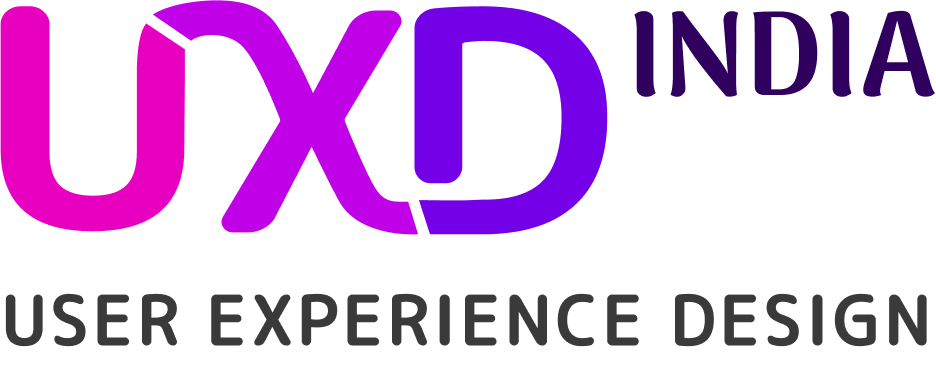5 Ways a Customized CRM Can Streamline Your Recruitment Process

Are you treating hiring like sales yet?
Because recruitment in 2025 isn’t just about screening resumes — it’s about nurturing talent pipelines, building relationships, automating follow-ups, and creating a seamless candidate experience.
And if your recruitment team is juggling spreadsheets, emails, job boards, and internal approvals across multiple platforms, chances are — great candidates are slipping through the cracks.
That’s where a Customized CRM built for recruitment can make all the difference.
Let’s explore 5 practical ways it can streamline your hiring process — with real-world examples and tools used by successful companies today.
1. Centralize All Candidate Data in One Place
Recruiters often have to switch between:
- Job portals (Naukri, LinkedIn, Indeed)
- Email inboxes
- ATS platforms
- Internal chat threads
- Excel sheets with comments
With a Customized CRM, every candidate interaction — from application to interview feedback — is stored in a centralized, searchable dashboard.
Example: Indian ed-tech company UpGrad switched to a custom hiring CRM that connects directly with LinkedIn and Google Jobs. Result? They reduced their average time-to-hire by 22% in just 4 months, according to People Matters.
External Resource: Why Candidate Experience Is Crucial – SHRM
2. Automate the Follow-Up Process
Let’s be honest — following up with 50+ candidates per role manually is exhausting. And one missed follow-up can mean losing a top hire to a competitor.
A Customized CRM can:
- Auto-send interview invites
- Notify managers when a candidate is in the review stage
- Trigger personalized rejection or offer emails
- Schedule reminder nudges for delayed responses
Real Use Case: A Mumbai-based fintech startup integrated its CRM with Calendly and WhatsApp API to automate interview scheduling and reminders. Their no-show rate for interviews dropped from 28% to 12%.
3. Improve Collaboration Between HR and Hiring Managers
How often do hiring managers say, “Can you resend that resume?” or “What was the candidate’s notice period again?”
A Customized CRM for recruitment allows:
- Role-based access to hiring data
- Real-time comments from panelists
- Approval workflows for offer roll-outs
- Scorecards to compare shortlisted candidates
Example: SaaS firm Freshworks implemented a custom internal CRM to give tech leads visibility into candidate pipelines. Collaboration improved dramatically — reducing delays in feedback by 40%, as covered in HR Katha.
Learn More: Why Hiring Teams Need CRM-Level Visibility – Forbes
4. Build a Long-Term Talent Pipeline
How do you stay connected with a great candidate who wasn’t hired now but could be perfect 6 months later?
A Customized CRM lets you:
- Tag and segment passive talent
- Create drip campaigns for future engagement
- Track past interview outcomes
- Set reminders for re-engagement
Example: Bangalore-based SaaS startup Chargebee used CRM segmentation to re-target previously rejected candidates with updated roles. Around 12% of their hires in 2023 came from previously marked “silver medalist” candidates — not fresh applicants.
Related Read: LinkedIn Talent Solutions – Building a Talent Pool
5. Integrate with Job Boards, Emails, and Internal Tools
A major advantage of going custom? Seamless integration with your hiring stack.
A Customized CRM can:
- Fetch resumes from Naukri, Monster, and LinkedIn automatically
- Sync email threads with each candidate profile
- Connect with HRMS to generate offer letters
- Integrate with Slack or MS Teams for faster collaboration
Example: A recruitment firm in Delhi built a custom CRM that auto-fetches applications from Indeed India, syncs with Google Sheets, and auto-triggers feedback forms on Typeform after interviews. This eliminated manual resume uploads and reduced admin work by 50%.
Check This: Indeed Recruiter Integration APIs
Are You Still Hiring Manually in an Automated World?
The world of recruitment has evolved — have your tools kept up?
A Customized CRM isn’t just about convenience. It’s about:
- Speed: Reduce hiring time
- Accuracy: Centralized, updated data
- Candidate Experience: Smooth, consistent touchpoints
- Retention: Building relationships that last beyond hiring
If you’re still managing hiring through disconnected tools, you’re likely losing great talent before they even get to the final round.
So ask yourself: Is your recruitment system helping you scale — or slowing you down?
Images used in this blog are from Freepik.
